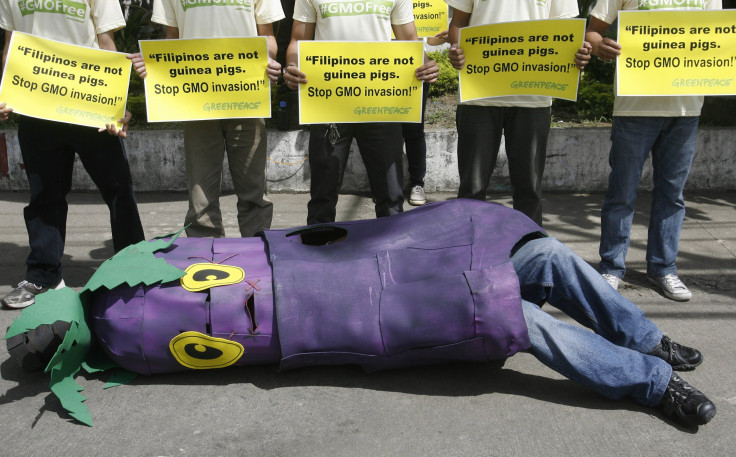Case Closed: There's Nothing Wrong With Genetically Modified Crops
Column

Things aren’t going too well for groups opposed to genetically modified (GM) crops, and that’s good news for millions in the developing world who can’t get enough to eat.
Despite all the anti-GM crops theatrics, anti-capitalist bias and opposition to empirical science, nothing substantive has been produced that would dissuade most farmers from using genetically engineered seeds. Particularly when GM crops are designed to resist pests, require less fertilizer or water, and are more bountiful than conventional crops – or some combination of these.
As a result, the use of GM seeds is growing exponentially. Earlier this month, the U.S. Department of Agriculture said this year’s corn harvest will be the biggest on record, some 14 billion bushels, and fully 98 percent of this output will be from GM seeds.
Farmers in developed countries aren’t the only ones taking advantage of GM crops. This year, for the first time in the nearly 20 years that GM crops have been available, farmers in developing countries have planted more acres with GM seeds – 52 percent of the global total, according to the International Service for the Acquisition of Agri-Biotech Applications -- than their counterparts in developed nations.
U.S. farmers planted the most GM crops last year, but China, India, Brazil, Argentina and South Africa, which together account for some 40 percent of the world’s population, grew 46 percent of global biotech crops in 2012.
Perhaps the greatest factor spurring the use of GM crops is the dire need for food in the world, a situation that is worsening literally by the day. By 2050 the world’s population is expected to reach 9 billion, nearly 30 percent higher than today. To feed that population, more food will have to be grown over the next 50 years than has been grown in the last 10,000 years combined, according to Henrylito Tacio, East Asia contributing editor for PeopleAndThePlanet.com.
In certain countries, like Kenya, Tanzania and Uganda, where starvation is endemic, GM crops can make a huge difference right now, according to the Center for Strategic & International Studies.
“Donor countries, as part of their broader food security and development aid, can support countries’ efforts to pursue GM technology by providing scientific and technical assistance to scientists and regulators,” CSIS said in a statement. Meeting the planet’s growing food needs without genetically modifying the seeds will be virtually impossible, considering the challenges to traditional crops from global warming, drought, water shortages, and new strains of diseases and pests. Indeed, the use of pesticides to protect conventional crops are a double-edged sword because they often destroy many of the plants that they are meant to save.
GM foods are supported by a long list of established medical and scientific organizations, including the National Academies, the American Association for the Advancement of Science, the American Medical Association, the European Commission, the Royal Society, and the Food and Agriculture Organization of the United Nations.
Last year the European Union’s chief scientist, Anne Glover, publicly endorsed the safety of such foods. “The bottom line for me is that there is no more risk in GMO food than conventionally farmed food. It has nothing to do with genetic engineering, so if you decide that you want to implement the regulations in such a way that you want to prevent the use [of GMO food], then that has to be talked about, and people need to be clear why you have rejected it,” Glover said.
This week another blow was delivered to GM food opponents. The journal Food and Chemical Toxicology retracted a widely influential 2012 article that purported to establish a link between genetically modified maize and cancer. It turns out the study just wasn’t credible after all.
All of which means that there really is less controversy surrounding GM crops than it seems – a lot of noise, to be sure -- but little question about which side is right.
© Copyright IBTimes 2025. All rights reserved.






















